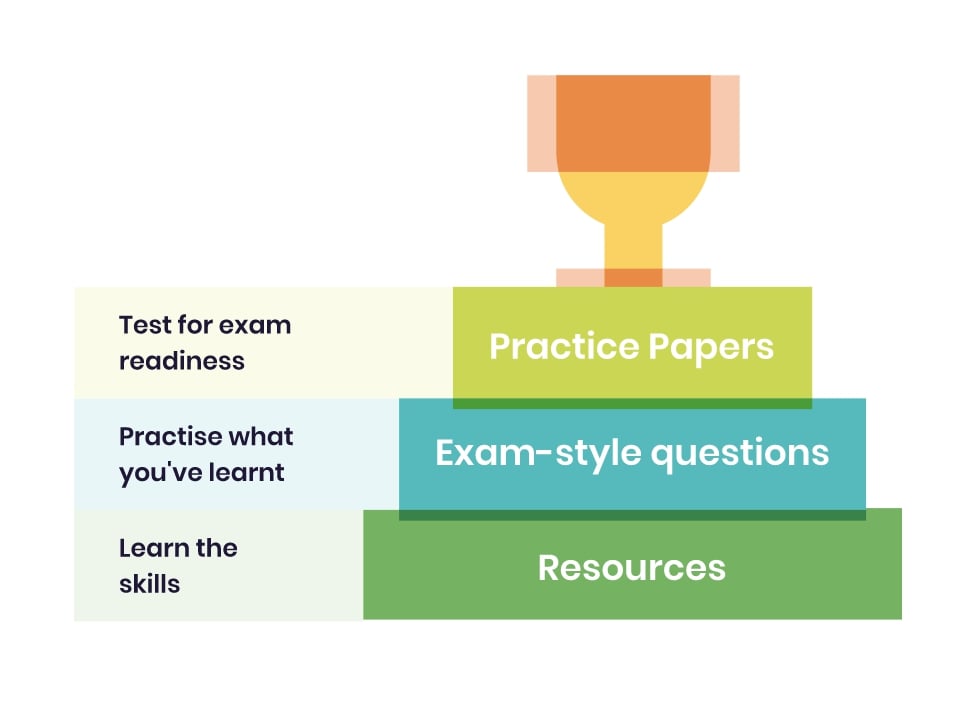*Student progress - Students who used EdPlace learning materials progressed by an average of 153% in English, maths and science over an academic year. This was analysed using the scores from the EdPlace database with all activities taken by students managed by parent accounts between October 2018 and September 2019.
*We have no affiliation to OCR, Pearson Edexcel, AQA, Eduqas and these questions represent our own unique activities developed by our GCSE authors.
None of the activities displayed here has been supplied by the aforementioned exam boards or any other third party suppliers.















